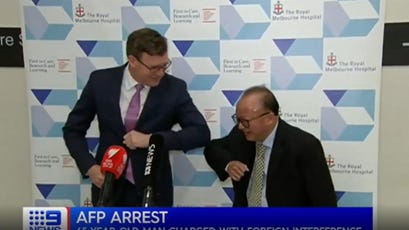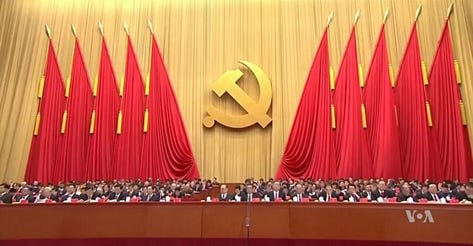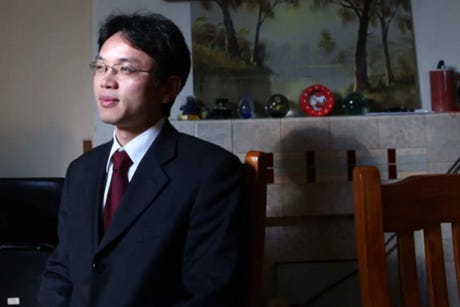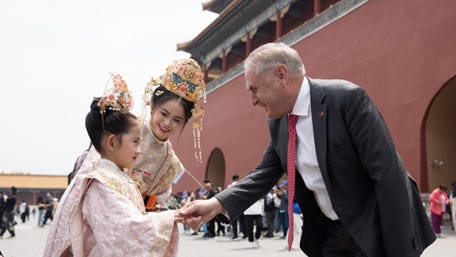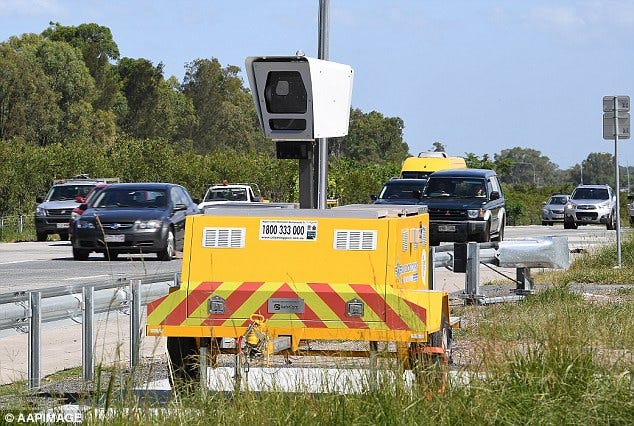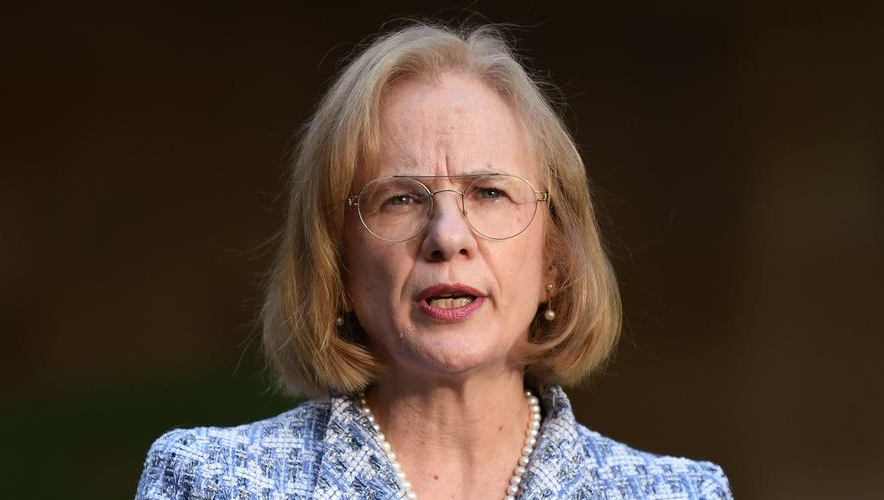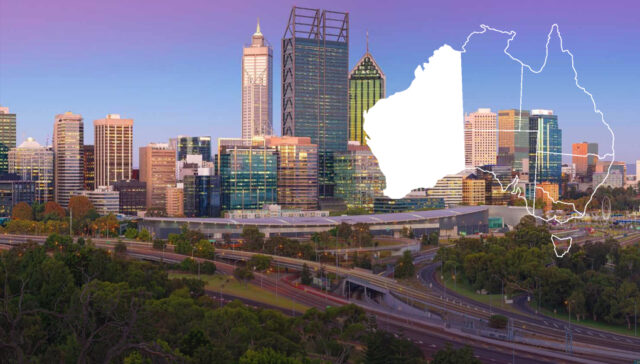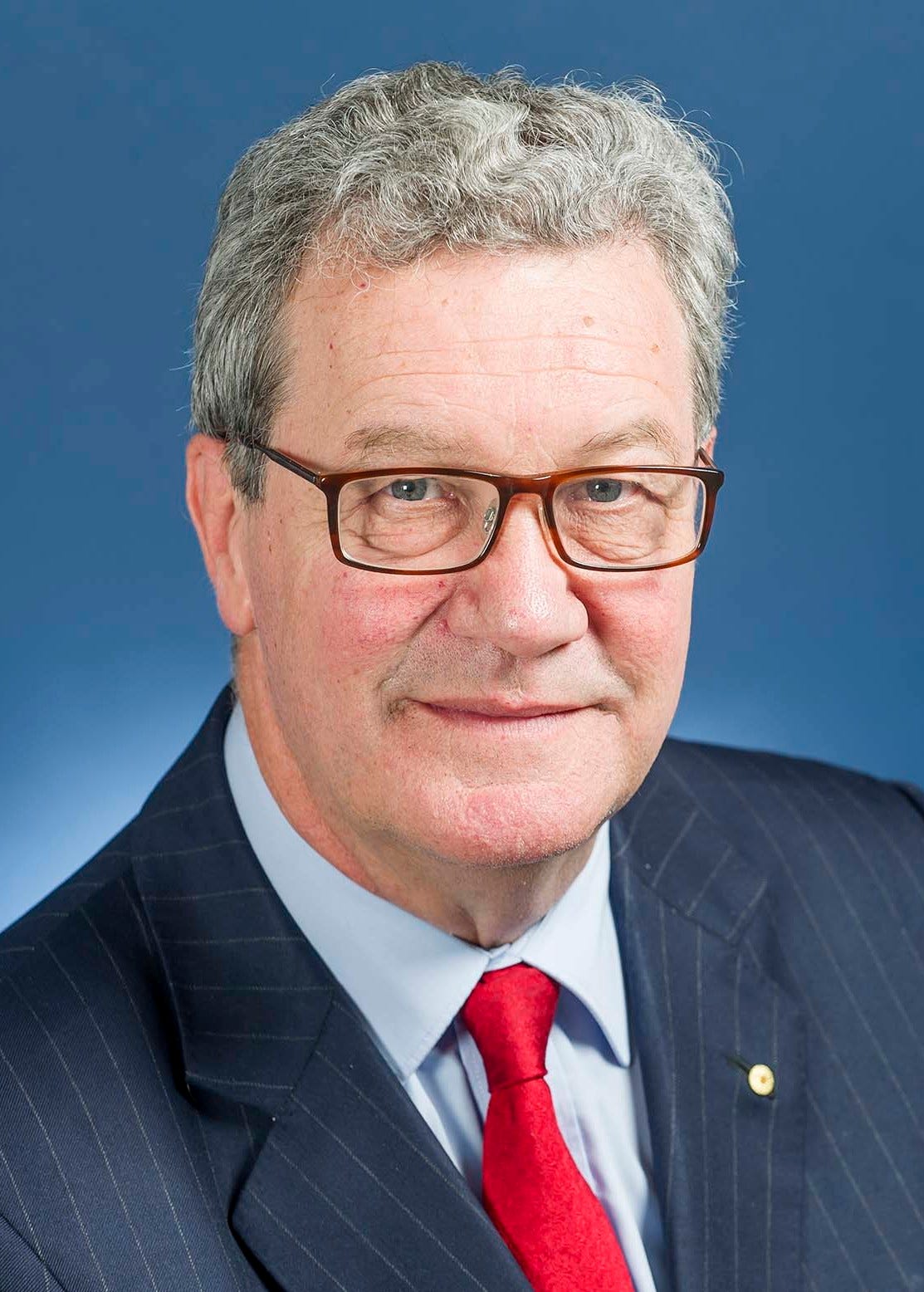Cut Taxes To 20%
It goes without saying that rules and sanctions should be clearly specified in advance so people know how they are supposed to behave and what will happen to them if they don’t. Also, importantly, rules must apply equally to everybody.

But the rules governing tax liabilities have become so tangled and complex that nobody can be sure any longer what they are or how they will apply in any given case. And behind the vast volume of laws – the actual legislation – looms an equally massive array of ATO public determinations, public rulings, bulletins, interpretative decisions, policy papers, circulars, administrative guidelines and practice statements. Some of these are supposed to be binding on ATO officers, and in general ATO staff rely on them rather than on the legislation. In practice that gives them something close to the force of law.
But the ATO no longer simply implements a known set of rules; it develops and amends the rules case by case. In effect, the ATO makes its own rules. As a consequence, we have tax laws which have lost their intelligibility, certainty and predictability. It is not real law as we’ve come to understand that term.
The resulting attitude of many taxpayers is to treat the law and the courts as irrelevant. “Forget legal advice, just give me an ATO ruling that will protect me from penalties or prosecution,” they say. Many taxpayers, of course, just surrender and pay up.
Systems which are complex in their application, debilitating in the sense that the more you earn the less of each dollar you keep, and unfair and unreasonable in the sense that people feel penalized for working, are destined to fail in the long term.
Take Australia’s cash economy, estimated at 15 percent of GDP, one of the largest in the developed world. An underground economy of that magnitude requires the involvement not only of a lot of businesses, but also of millions of consumers. As we know, laws only work when people believe in them; clearly a lot of Australians have no respect for our tax laws.
Despite what many advocating increases in tax would have us believe, the total tax take in Australia is quite high. Some say that compared with other developed economies, Australia is a ‘low tax’ country, and that workers and companies could comfortably pay more. This is ridiculous. When it comes to taxing incomes, Australia is right up there with the Europeans and way ahead of most of our neighbours in the Asia-Pacific region.
High tax rates undermine enterprise and destroy the will to work.
You don’t have to be a Laffer Curve true believer to accept that behavioural response is a reality. When you add to this the corrosive effect on the moral relationship between the state and its citizens, the case for fundamental tax reform becomes even more compelling.
There comes a point when the prospect of giving up half or more of any additional earnings leads people to decide that it is simply not worth it.
Taxation then starts to produce gross inefficiencies as people stop working as much or as hard as they used to, and governments find their taxes are not producing the revenue they expected. Politicians and bureaucrats who lack real world experience and an understanding of how an economy and markets work are drawn into a vicious spiral, jacking up tax rates to try to compensate for the falling revenues that their high tax demands have created.
Similarly, many on welfare reject opportunities to work because of the punitive effect that small earnings and high tax rates have on the security of their benefits and the value of extra work.
And people on very low incomes fare worst of all, for as they increase their earnings, higher rates of income tax combine with the loss of means-tested benefits deprive them of up to 80 cents of every extra dollar they earn.
If we are to extricate ourselves from this dysfunctional system, the goodwill of the public needs to be restored by getting tax levels back to something which most people would see as reasonable. To achieve this, we need to remove one of the most significant tax avoidance avenues and align personal tax rates with company tax rates.

There is certainly a pressing need to reduce the current company tax rate (25% for companies with turnover below $50m, 30% above that). I accept it can’t be done overnight, but the Government would do well to start cutting the rate by one percentage point in this Budget, and then announce its intention to make a similar reduction every year while in office. That would hold out the prospect of a 20 per cent company tax rate and, if it is really serious about an internationally competitive tax system, a 20% personal tax rate.
Nobody enjoys paying taxes but in the 1950s and 1960s, relatively low taxation and a comparatively simple set of tax rules meant that most people paid what was due without too much complaint. Today, however, the Government and the ATO find themselves locked into a destructive relationship of repression and resistance with ordinary taxpayers. Where people can avoid tax by exploiting loopholes, they will do so; where they can’t eg PAYG taxpayers, they become resentful at the unfairness of it all.




